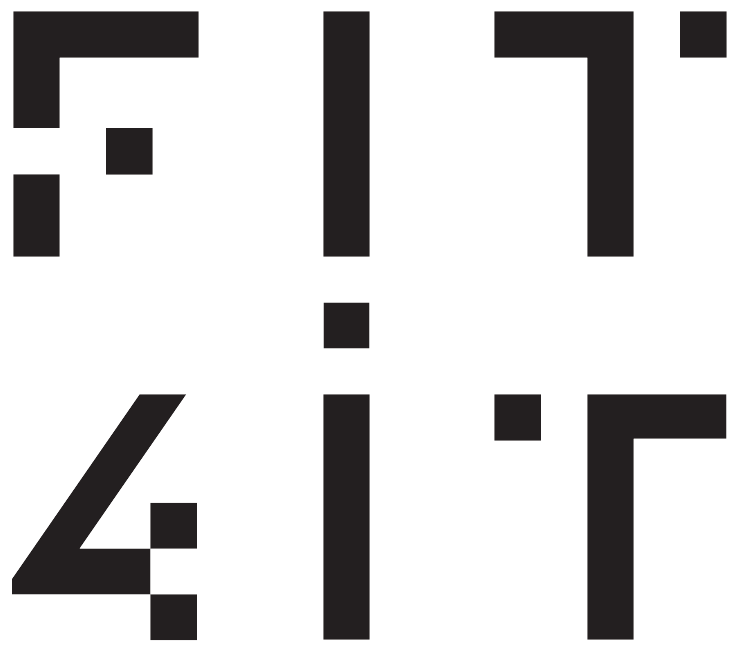You probably know stress affects your body. But here’s the twist most people never think about: It’s not just your mind that takes the hit, your nervous system does too. When your central nervous system (CNS) is overloaded, life feels like running on a low battery:
- Fat loss slows down. (even if you’re eating clean)
- Recovery takes forever.
- Sleep goes out the window.
- Energy? Forget about it.
And the worst part? Most of us don’t even realize we’re doing things every day that keep our nervous system stuck in overdrive. Let’s pull back the curtain on 8 hidden stressors that drain your nervous system, and how to fix them. Many of us unknowingly repeat bad habits that damage the nervous system, keeping us stuck in a cycle of stress and fatigue.
Poor Sleep Quality & Irregular Bedtimes
Think pulling a late-nighter “just this once” won’t matter? Think again.

Stat: 1 in 3 adults worldwide is sleep-deprived (CDC).
When you skimp on deep, quality sleep, your cortisol shoots up, your nervous system stays on high alert, and your body refuses to recover.
What to do:
- Stick to a bedtime like it’s an important meeting.
- Power down screens an hour before bed (your phone can wait).
- Keep your room dark and cool for the best sleep reset.
Digital Overload (aka Your Phone Addiction)
Between emails, WhatsApp pings, and Instagram scrolls, your brain never gets to chill.
Stat: Average global screen time: 6 hours 37 minutes per day (DataReportal 2024).
Your nervous system wasn’t designed for constant stimulation; it sees all those notifications as mini emergencies.
What to do:
- Set app time limits (yes, even Instagram).
- Take a 10-minute screen break every hour.
- Try a no-phone-before-bed rule. Your brain will thank you.
Too Much Caffeine (and Energy Drinks)
Love your morning coffee? Cool. Love your fourth cup at 3 PM? Not so cool.
Stat: Average coffee drinker downs 3+ cups daily (International Coffee Organization).
What to do:
- Cap coffee at 1–2 cups before noon.
- Swap that 4 PM coffee for water or herbal tea.
- Want an energy boost? Move your body for 5 minutes instead.
Eating Too Many Processed Foods
That quick snack or sugary “treat” doesn’t just affect your waistline; it inflames your body and irritates your nervous system.
Stat: Over 50% of calories in Western diets come from ultra-processed foods (BMJ, 2023).
Inflammation = stress. And stress keeps your CNS firing alarms all day long.
What to do:
- Fill your plate with whole foods, lean protein, veggies, and healthy fats.
- Cut back on packaged snacks and refined sugar.
- Add anti-inflammatory powerhouses like turmeric or ginger.
Crushing High-Intensity Workouts Every Day
We love a good sweat session, but if every workout feels like punishment, your nervous system is paying the price.
For those struggling to bounce back despite clean eating and regular workouts, personal training can offer a tailored approach that supports both your fitness goals and nervous system recovery.
Stat: 60% of recreational athletes report symptoms of overtraining yearly (Journal of Sports Medicine).
Without recovery, those hardcore sessions keep your CNS stuck in survival mode.
What to do:
- Limit HIIT to 2–3 times a week.
- Add recovery days (yes, they count as progress).
- Finish sessions with breathwork or stretching to calm your system.
Mental Overload & Decision Fatigue
Ever feel mentally exhausted before the day’s even over? You’re not imagining it.
Stat: We make around 35,000 decisions daily (UNC Research).
Every little choice adds stress. Over time, it leaves your brain and nervous system fried.
What to do:
- Plan tomorrow’s priorities the night before.
- Batch similar tasks to avoid constant switching.
- Give your mind 5 minutes of silence during the day.
Sitting All Day (And Bad Posture)
Long desk hours don’t just hurt your back; they stress your nervous system, too.
Stat: 31% of adults worldwide lead sedentary lives (WHO).
Poor posture compresses nerves, slows circulation, and signals “stress” to your body.
What to do:
- Stand up every 45 minutes.
- Sneak in mobility drills like cat-cow or hip openers.
- Invest in a chair that supports your spine.
Hidden Physical Stressors (Gut Issues, Dehydration)
Mild dehydration? Occasional bloating? Your body treats these like threats.
Stat: 75% of adults are chronically dehydrated (Journal of Nutrition).
When your body feels under attack, even from inside, it tells your nervous system to stay on guard.
What to do:
- Drink 2–3 liters of water daily.
- Add electrolytes if you’re active.
- Pay attention to persistent gut issues and get them checked.
You don’t need to live like a monk to reset your nervous system. You just need to make small, intentional shifts to give it a break.

When you do, everything changes:
- Fat loss gets easier.
- Recovery feels faster.
- Sleep becomes deeper.
- Energy finally comes back.
That’s exactly what our Fit4It CNS Reset™ system does, without adding another “to-do” to your plate. Get in touch with us to discover how CNS Reset™ can help you train less, eat more, and get better results than ever.
References
- DataReportal 2024 – Digital 2024: Global Overview Report: https://datareportal.com/reports/digital-2024-global-overview-report
- CDC – Sleep and Sleep Disorders: https://www.cdc.gov/sleep/about/index.html
- BMJ – Ultra-Processed Foods and Health: https://www.bmj.com/content/370/bmj.m3702
- Journal of Sports Medicine – Overtraining Syndrome in Athletes: https://journals.sagepub.com/home/spo
- Gallup Workplace Report 2023: https://www.gallup.com/workplace/349484/state-of-the-global-workplace.aspx
Was this helpful?
Good job! Please give your positive feedback
How could we improve this post? Please Help us.






No Comments